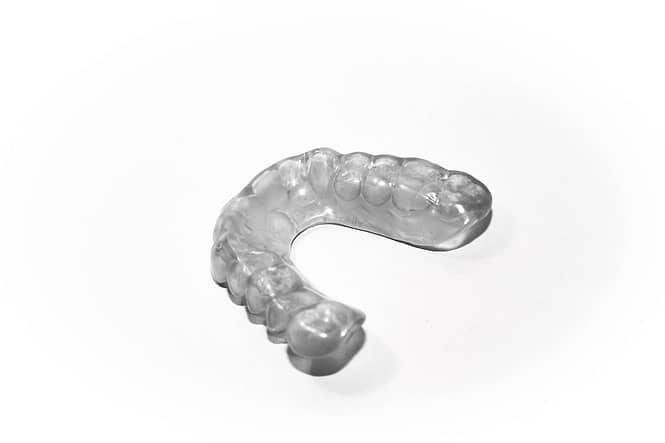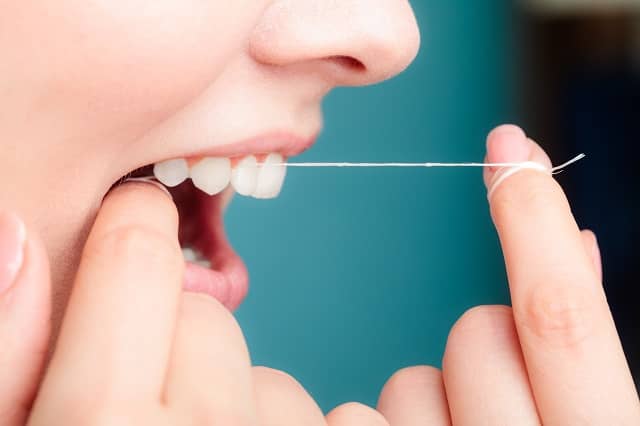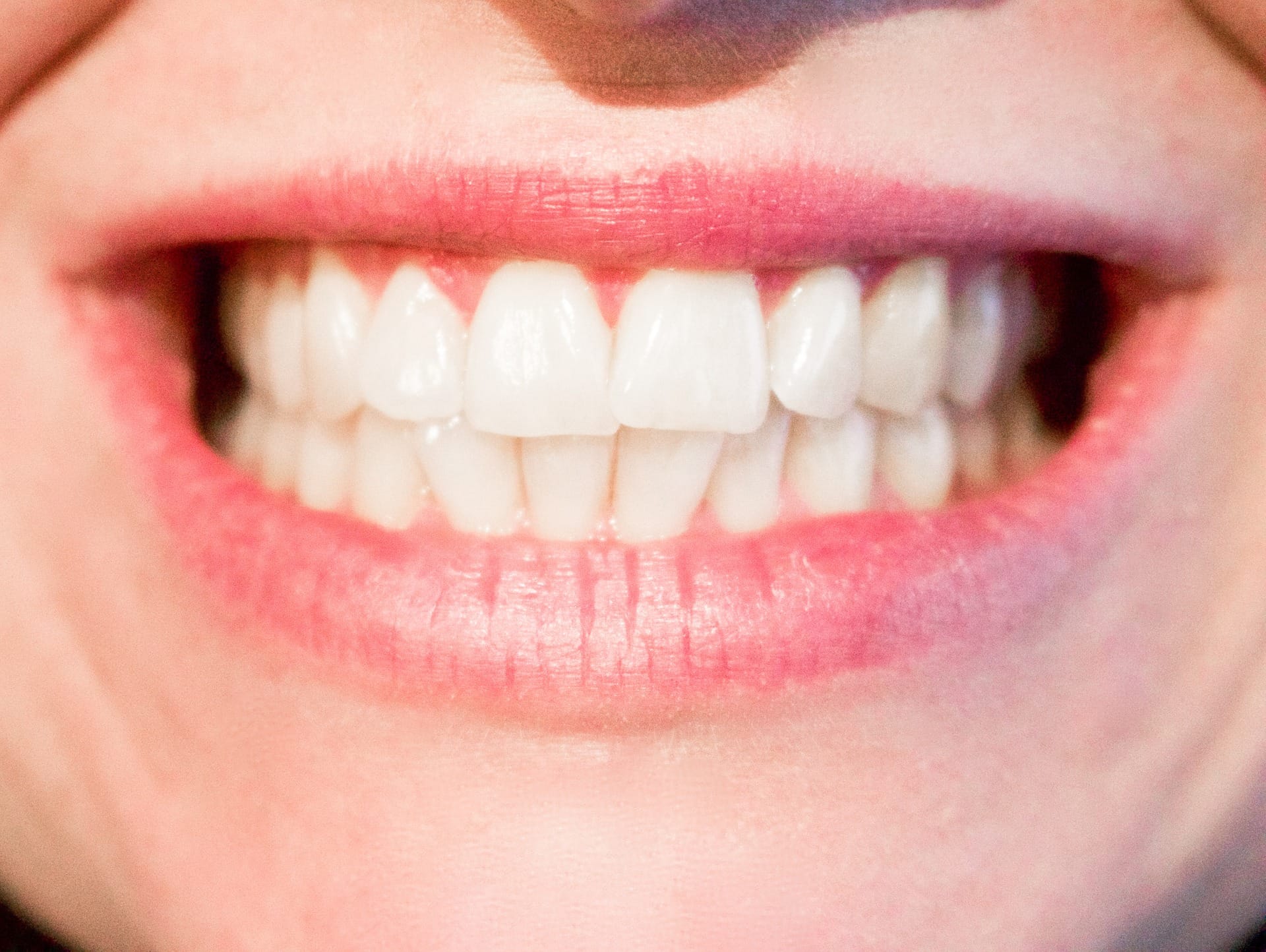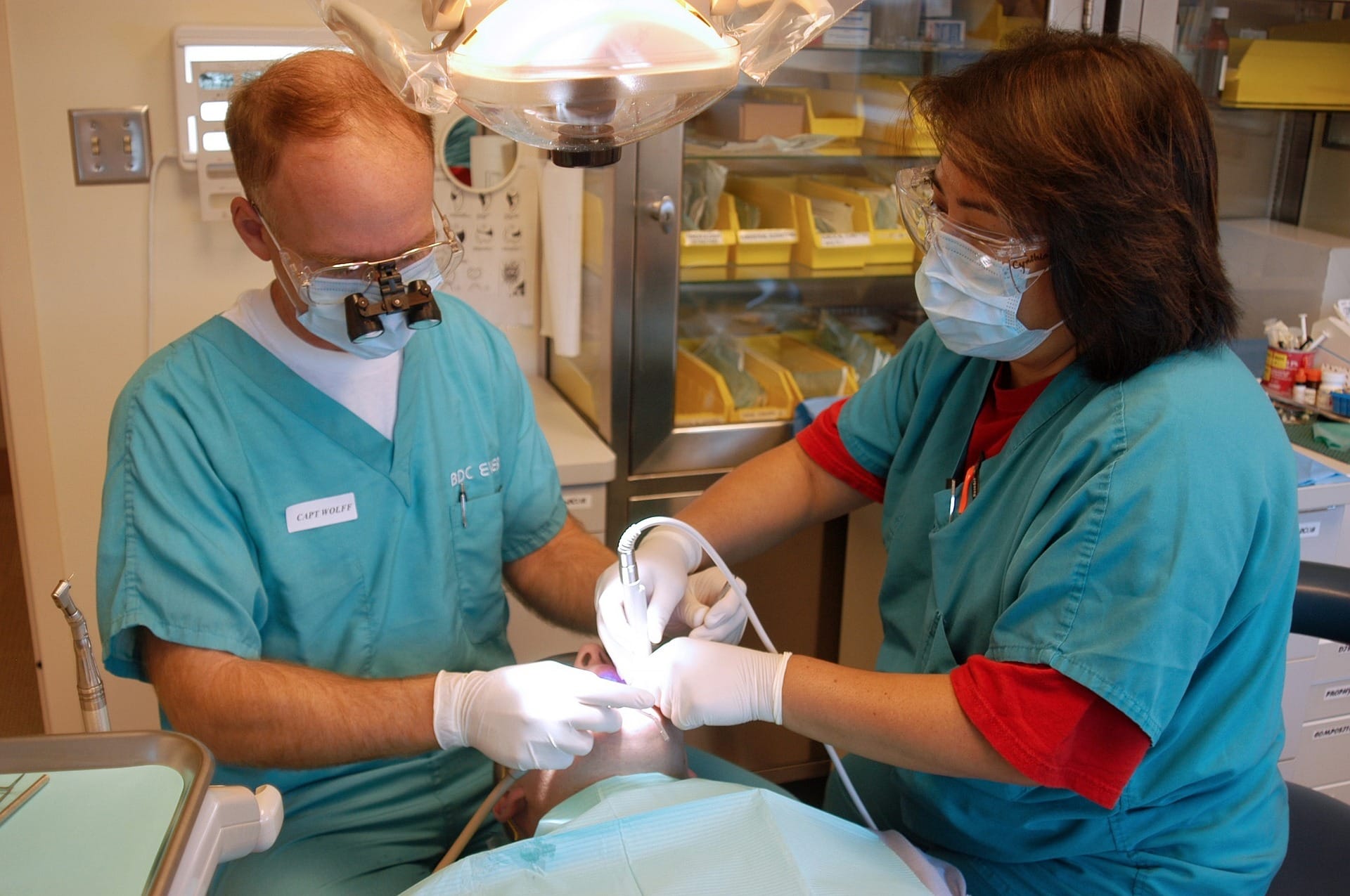If you suffer from bruxism, then you may have been advised by your dentist that you should be wearing a night guard when you sleep. But if you haven’t worn one before, the idea can be a little off-putting, or even a bit frightening. You’ll probably be worried about how you look or if you’ll even be able to talk, but it may be a little more reassuring to know that you won’t be alone.
Night guards are not only worn by people who suffer from bruxism and can be used by people who have jaw pain, jaw locking or a temporomandibur joint disorder (TMD). A night guard eases symptoms for sufferers of all these conditions and can help save your teeth from long-term damage. If your oral health therapist advises that you should be wearing one, then it’s a good idea to take their advice.
Benefits of Wearing A Night Guard
When you grind your teeth at night, it probably doesn’t bother you at the time but you may feel the effects the next day. Your teeth can feel sensitive, you have a tension headache, and the person you sleep next to hasn’t hadn’t a wink of sleep due to the noise that you created. Instead, there are many benefits to wearing a night guard such as:
- The enamel on your teeth stays intact, meaning less cavities
- You have less chance of waking up to cracked or broken teeth
- Headaches and jaw pain will disappear or decrease
- You’ll save money on dentist bills in the long term
- You’ll allow everyone in your household to sleep well
Aren’t night guards uncomfortable?
While you may think that wearing a night guard can be uncomfortable, if they are fitted correctly then this won’t be the case. They are made by taking a special mould of your teeth so that the guard will fit snugly on your top teeth and allow you to sleep and breath normally. You may find the guard a little tight at first, but this will loosen up after wearing it for a few days. You may also find that you have a very slight lisp when you talk but this is not usually common and a very small price to pay for the benefits that the night guard gives you.
What can happen if I don’t wear a night guard?
If you suffer from bruxism and you choose not to wear a nightguard then you may experience some of the following:
- Tooth pain
- Tooth cracking
- Wearing down of teeth
- More cavities
- Tension headaches
Most of these things will mean that you need to visit your dentist a lot more frequently, unplanned dental visits and more cost to have things fixed.
Think you need a night guard?
If someone has told you that you grind your teeth, then it’s best to see a dental team straight away to ensure you don’t create any long-lasting damage. Contact us today at Coburg Hill Oral Care to make an appointment and we will happily discuss your situation and get you fitted for a night guard as soon as possible.




